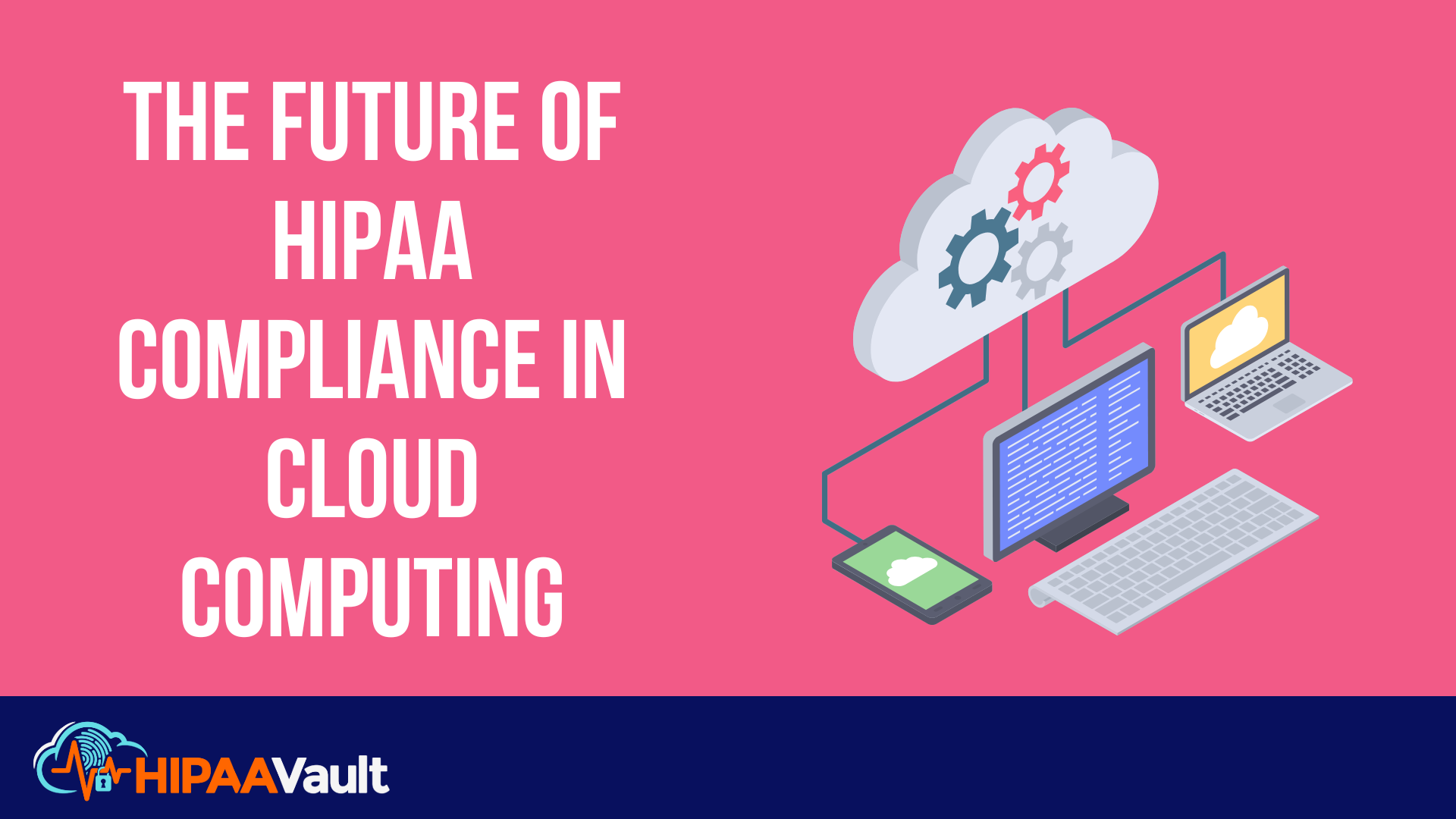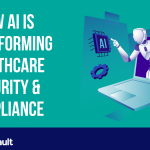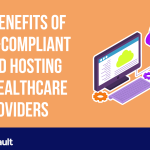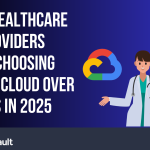
Did you know that healthcare data breaches have surged by over 55% in the past two years, costing the industry billions? With cybercriminals constantly evolving their tactics, securing protected health information (PHI) is more critical than ever. As cloud adoption accelerates, how can healthcare organizations stay ahead of the threats while ensuring compliance with HIPAA regulations? This article unveils the future of HIPAA compliance in cloud computing and the emerging technologies shaping the industry.
The healthcare industry is undergoing a significant digital transformation, with cloud computing at the forefront of innovation. According to industry reports, over 90% of healthcare organizations now utilize cloud-based services to manage electronic health records (EHRs), streamline operations, and improve patient care. However, with this shift comes the critical responsibility of maintaining HIPAA compliance and ensuring the security of protected health information (PHI).
As cyber threats evolve and regulatory requirements tighten, healthcare providers must stay ahead of the curve. In this article, we’ll explore the future of HIPAA compliance in cloud computing, address key misconceptions, and highlight emerging technologies shaping secure cloud adoption.
1. The Benefits of Cloud Computing for HIPAA Compliance
The adoption of cloud computing in healthcare has transformed how organizations manage and protect patient data. Some of the key advantages include:
a) Enhanced Security & Compliance
Cloud providers like Google Cloud Platform (GCP) offer built-in security features, including encryption, identity access management (IAM), and threat detection. These solutions help healthcare organizations achieve HIPAA compliance while reducing the risk of data breaches.
b) Scalability & Cost Efficiency
Unlike traditional on-premises infrastructure, cloud computing allows organizations to scale resources dynamically, ensuring optimal performance without excessive costs. This flexibility is crucial for handling fluctuating patient loads and telehealth services.
c) Improved Accessibility & Disaster Recovery
With cloud-based storage and backups, healthcare providers can access patient records securely from anywhere, enhancing collaboration and patient outcomes. Additionally, disaster recovery (DR) solutions ensure data redundancy and minimal downtime in the event of an outage.
2. Common Misconceptions About Cloud Security & Compliance
Despite the clear benefits, many healthcare organizations hesitate to fully embrace cloud computing due to misconceptions about security. Let’s address some of the most common myths:
Myth #1: The Cloud is Less Secure than On-Premises Systems
Reality: Leading cloud providers invest billions in cybersecurity, offering security measures that often exceed what most healthcare organizations can achieve independently.
Myth #2: HIPAA Compliance is the Responsibility of the Cloud Provider
Reality: The Shared Responsibility Model states that cloud providers handle infrastructure security, while healthcare organizations remain responsible for proper configurations, access controls, and compliance policies.
Myth #3: Compliance is Achieved Once and Doesn’t Require Ongoing Effort
Reality: HIPAA compliance is an ongoing process requiring continuous monitoring, audits, and risk assessments to ensure adherence to the latest security standards.
3. The Role of FedRAMP & HITRUST in Cloud Security
When selecting a HIPAA-compliant cloud provider, organizations should prioritize platforms with rigorous security certifications, such as:
- FedRAMP (Federal Risk and Authorization Management Program): Ensures cloud providers meet stringent security standards required by federal agencies.
- HITRUST (Health Information Trust Alliance): Provides a framework combining HIPAA, NIST, and ISO security standards for comprehensive healthcare data protection.
HIPAA Vault, a trusted provider of HIPAA-compliant cloud solutions, partners with Google Cloud to deliver FedRAMP-certified security, ensuring the highest level of compliance for healthcare organizations.
4. Choosing the Right Cloud Provider for HIPAA Compliance
When evaluating cloud providers, healthcare organizations should consider multiple factors to ensure security, compliance, and efficiency in managing PHI. A robust HIPAA-compliant cloud provider should offer:
- HIPAA Compliance Certifications: Ensure the provider adheres to HIPAA, HITRUST, and FedRAMP standards, demonstrating their commitment to regulatory compliance.
- Encryption: All PHI should be encrypted, both at rest and in transit, using industry-standard protocols to prevent unauthorized access.
- Access Control & Identity Management: Implementing multi-factor authentication (MFA), strict role-based access controls, and identity verification ensures that only authorized personnel have access to sensitive data.
- Audit Logging & Monitoring: Continuous monitoring through automated logging systems allows healthcare organizations to track access and modifications to PHI, helping to identify potential security incidents.
- Incident Response & Disaster Recovery: A comprehensive incident response plan should be in place, including rapid detection, mitigation, and reporting of security breaches. Additionally, disaster recovery solutions should ensure minimal downtime and data integrity in case of unexpected failures.
- Technical Support & Compliance Guidance: A provider with 24/7 support and dedicated compliance experts can help healthcare organizations navigate evolving HIPAA regulations and security best practices.
HIPAA Vault offers fully managed security services, providing 24/7 monitoring, compliance audits, rapid incident response, and proactive security updates to safeguard healthcare IT environments.
5. Emerging Trends Shaping the Future of HIPAA Compliance
The next decade will see advanced technologies revolutionizing cloud security in healthcare. Key trends include:
a) Artificial Intelligence (AI) for Threat Detection
AI-driven security analytics can detect anomalous behavior in real-time, allowing healthcare providers to respond to potential threats before they escalate.
b) Blockchain for Secure Data Sharing
Blockchain technology offers tamper-proof data sharing, ensuring immutable patient records and secure interoperability between healthcare providers.
c) Zero Trust Security Model
With the rise of cyber threats, Zero Trust is becoming the gold standard for healthcare security. This model enforces strict access controls and assumes that every request for data must be verified.
d) Automation & Infrastructure as Code (IaC)
Automated compliance audits, security patching, and IaC deployments ensure faster, more consistent security updates, reducing human error.
Conclusion: Securing the Future of Healthcare Cloud Compliance
As cloud adoption accelerates, the need for robust HIPAA compliance strategies has never been greater. Healthcare organizations must embrace:
- Proactive security measures (e.g., AI-driven threat detection, blockchain, Zero Trust)
- Continuous compliance monitoring
- Reliable cloud partners with HIPAA expertise
HIPAA Vault remains a trusted leader in HIPAA-compliant cloud solutions, offering secure, scalable, and cost-effective hosting tailored to healthcare needs. By staying ahead of emerging threats and compliance requirements, organizations can ensure patient data security while leveraging the full potential of cloud technology.
For a consultation on securing your healthcare data, contact HIPAA Vault today.





